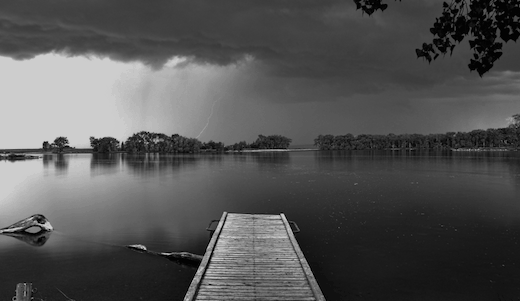Back to school can be a difficult time of transition for both parents and kids. Here are some ideas for helping your kids (and yourself) through this time.
New School Year; New Routines
With the start of a new school year comes new routines. Here are some tips for implementing those routines well… with less stress for you and your kids.
Attachment and Detachment: Finding a Balance for Your Relationships
The hallmark of healthy attachment to another person is marked by safety in the relationship. Showing concern for others, enjoying spending time with them, and feeling connected— these are all elements of healthy attachment. There is permission to be one’s own self without fear of judgment.
Smartphones & Parenting: Not So Smart
The use of smartphones has become an essential part of everyday life. Checking work emails, surfing the web, using the newest apps to make your life simpler, or doing the oh so popular texting others to stay connected— these are just a few amazing functions of the smartphone. Parents tend to rely on their smartphones to communicate with their children, synchronize schedules, and even keep tabs on daily assignments and grades.
The Growing Parent: Trauma in the Media (Part 7)
There are a number of different things we parents can do to help minimize our children’s fears, as I’ve noted in the previous posts, but more than most anything else our children need a sense of security. For a child to know their parents are there to take care of him has the propensity to create a stable platform for him to build off of and excel.
Shame or Guilt: The Effects
In the first part of this series, we talked about distinguishing the differences between true guilt, false guilt, and shame. Now, let’s look at the effects of shame and guilt and how to overcome them.
Shame or Guilt: What Is The Difference?
Many people say they feel guilty about various things they have said or done in the past. They may even feel guilty when saying ‘no’ or standing up for themselves. There are misconceptions between what is actual guilt and what is false guilt. Furthermore, what someone may actually be feeling is actually shame.
The Growing Parent: Trauma in the Media (Part 6)
“With all the violence and natural disasters in the media today my children are constantly afraid. What can I do to help them not be so scared all the time?”
Weathering an Emotional Storm: Healing & Moving Forward (Part 3)
During the period immediately following the crisis, your intense feelings of fear, panic, and anger begin to de-escalate. It may be difficult to resume your previous level of emotional or physical functioning due to feelings of uncertainty. You’ll start to notice certain words or situations are now triggers, reminding you of the traumatic event.
Weathering an Emotional Storm: How to Remain Calm (Part 2)
As an “emotional storm” is approaching, negative thoughts may begin to take hold of you and cause intense feelings of fear, anger, panic or loss of control.
You may think things like:
“I’m in danger.”
“I’m trapped.”
“I’m all alone.”

